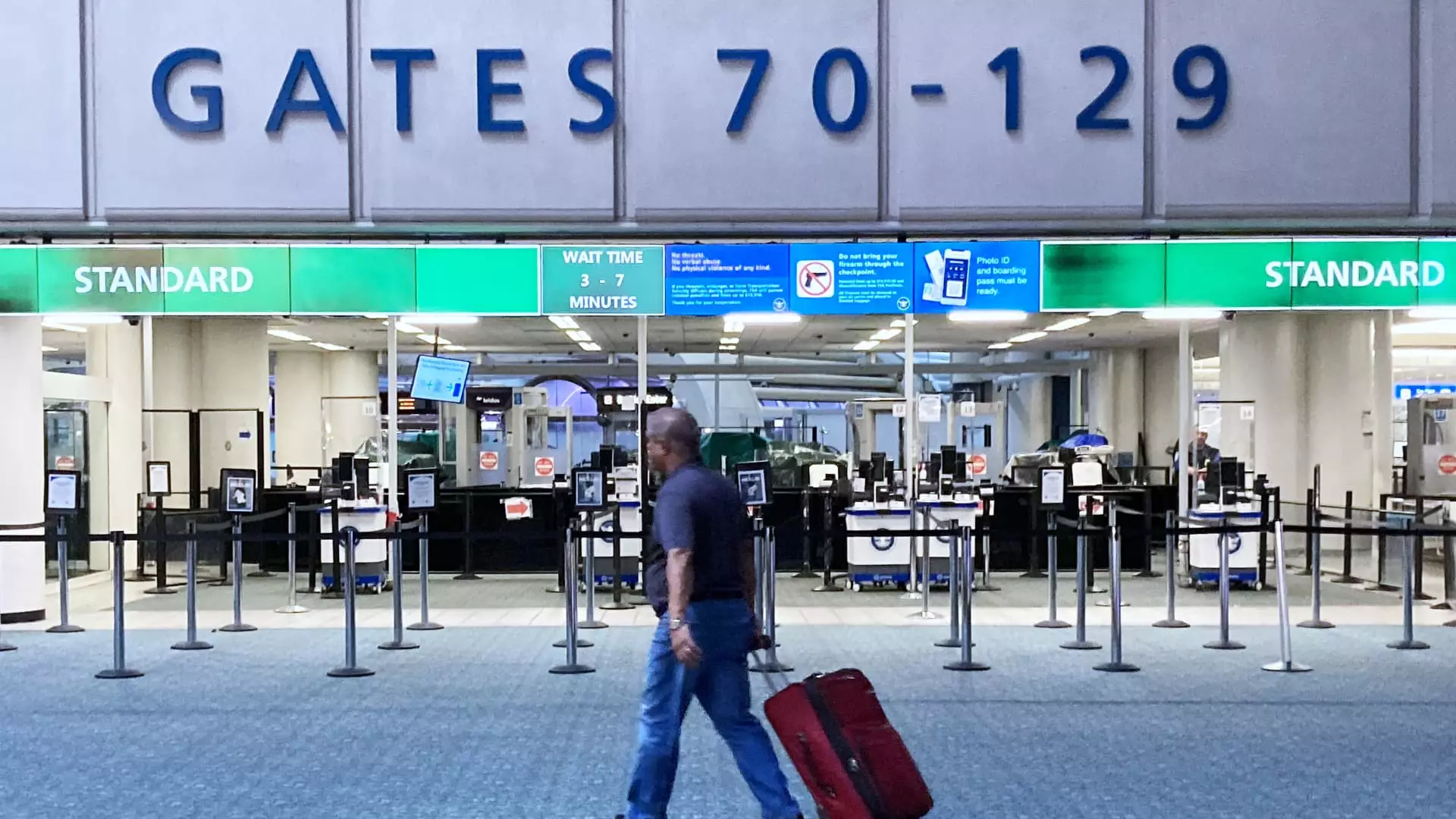As the holiday season approaches, the United States is facing the severe possibility of a government shutdown. Recent conflicts among lawmakers culminated in the rejection of a short-term funding bill that had backing from President-elect Donald Trump. If compromises are not made, the government could shut down as early as 12:01 a.m. ET on Saturday, directly affecting hundreds of thousands of federal employees. This situation poses a serious dilemma for families planning holiday travel and for the many businesses connected to travel and tourism.
Even amid the uncertainty of a government shutdown, airlines are prepared for an influx of travelers. Predictions indicate that this holiday season could see record numbers, with the Transportation Security Administration (TSA) expecting to screen over 40 million passengers through early January. United Airlines reports plans to accommodate 9.9 million flyers during the holiday rush, which is a 12% increase from the previous year. This anticipated surge indicates that consumer confidence remains robust, despite governmental paralysis.
Essential Services and Their Challenges
In the event of a shutdown, critical personnel such as air traffic controllers and TSA agents are classified as essential workers. This means they would continue to perform their duties without receiving paychecks. David Pekoske, the TSA administrator, highlighted on social media that even though their workforce is prepared for increased volumes, extended periods without payment could hurt morale and lead to operational challenges. A prolonged shutdown could result in longer wait times for passengers at airports, which may further complicate the already busy travel scenario.
Looking back at previous shutdowns, such as the prolonged one from late 2018 to early 2019, we can see the disruptions that occurred. During that former shutdown, a significant number of air traffic controllers fell ill or opted to call out, which created traffic chaos in America’s congested airspace. This historical context underscores the potential ramifications of a repeat situation where federal workers may be disincentivized to report to work. With airline leaders expressing concerns over congestion during peak travel seasons, the need for efficient air traffic management becomes critical.
The Future of Air Traffic Management
What’s more, the Federal Aviation Administration (FAA) is currently operating without a permanent administrator, raising further concerns about the future of air traffic management. With Mike Whitaker announcing his departure effective January 20, when Trump is inaugurated, there is pressure on the incoming administration regarding priorities such as modernizing air traffic control systems and addressing the shortage of qualified air traffic controllers. Delta Air Lines CEO Ed Bastian recently voiced that these advancements must be top of mind for the next FAA leader to ensure safe and efficient sky travel.
As the government inches closer to a potential shutdown, the upcoming holiday travel season is filled with uncertainty. Many stakeholders in the travel industry are closely watching the political developments, realizing that the decisions made in Congress could drastically impact the smooth functioning of air travel during this crucial time.


Leave a Reply